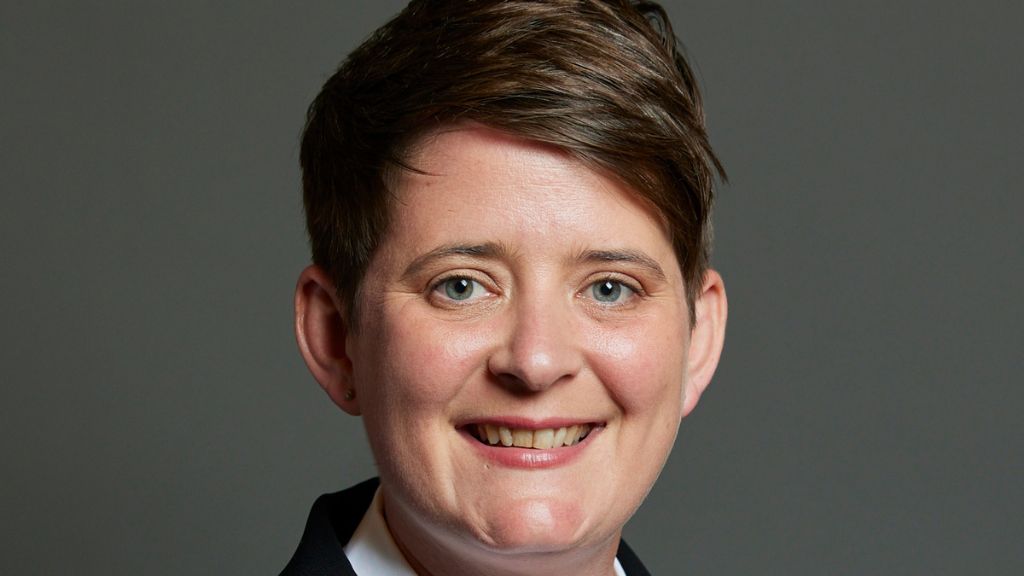Olivia Bailey, MP for Reading West and Mid Berkshire, has been appointed early education minister.
Ofsted unveils new report cards, evaluation areas and grades

Ofsted has confirmed it will replace one-word judgements with a five-point grading scale from November, including a new “exceptional” grade.
The inspectorate has published its delayed report on responses to its 12-week Big Listen consultation, alongside an early years toolkit which sets out the eight areas which will be evaluated under the new system, with each given a grade. The reforms will take effect from 10 November 2025.
The five grades have been renamed “urgent improvement”, “needs attention”, “expected standard”, “strong standard”, and “exceptional”. The “exceptional” grade aims to highlight “very best practice” which other providers could learn from. Ofsted said the definitions of grades have been tightened to more clearly differentiate between them following consultation feedback.
The eight evaluation areas include “inclusion”. Inspectors will evaluate whether providers are providing high-quality support for all children and learners, especially those from disadvantaged backgrounds, those who have SEND, and those who are known to children’s social care. Evaluation of providers” work to support and promote leader and staff well-being will be considered as part of the leadership and governance evaluation area.
New report cards aim to provide more nuance for parents and providers, combining at-a-glance grades with narrative summaries of strengths and areas for improvement. The report card has been redesigned following the consultation to make it more accessible, particularly on mobile devices.
Ofsted will increase the frequency of early years inspections from every six years to every four. New operating guides set out the times at which inspectors can arrive on site and the suggested latest times they should be departing, to cap the length of inspection days.
His Majesty’s Chief Inspector, Sir Martyn Oliver said: “Our new report cards will give parents a clearer understanding of the strengths and areas for improvement at the places where their children learn. We will work with the professionals in schools, early years and further education to help them showcase the best of what they do – and help them identify where they can improve.”
Neil Leitch, chief executive of the Early Years Alliance, said: “Given that our own research found that Ofsted inspections are the single biggest source of stress among early years providers and that the vast majority of settings are in favour of the removal of single-word judgements, we welcome the move towards a more nuanced approach to early years inspection.”
Purnima Tanuku, executive chair of National Day Nurseries Association (NDNA), said: “This new inspection framework has the potential to inform and assure parents while working well for providers without being too burdensome. We welcome the fact that Ofsted has genuinely listened and acted on much of the feedback we have given on behalf of the early years sector.”
She added: “We have consistently said that there needs to be equity between different types of early years providers, specifically between private or voluntary nurseries and school providers. It’s vital that parents can clearly understand what happens at all early years settings – including those in schools. These must be subject to the same level of scrutiny and this should include the frequency of inspection.”
Latest News
Ka Lai Brightley-Hodges has been appointed as head of Coram PACEY, the professional association for childcare and early years which…
Stephen Morgan, the MP for Portsmouth South, has moved from his role as early education minister and has been made…




